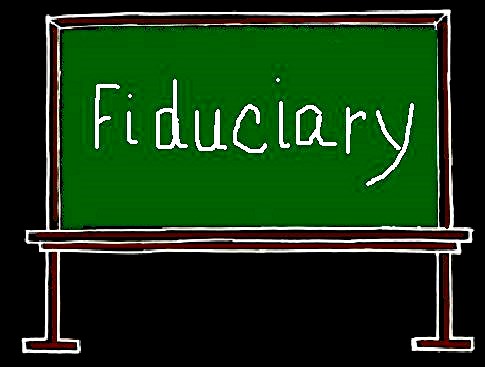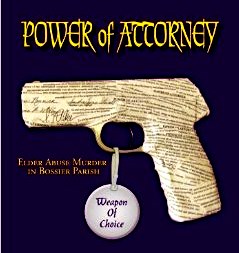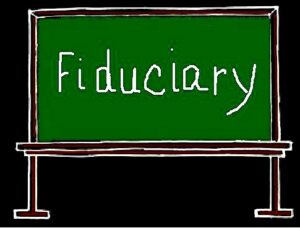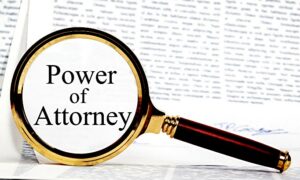
Wang v Wang 20120 BCCA 15 followed the appeal court’s previous decision in Houston v. Houston, 2012 BCCA 300 finding that the grant of power from the donor to the attorney created a fiduciary duty and is a type of agency.
The court referred to the three conditions of the fiduciary duty, as determined by the Supreme Court of Canada in Frame v Smith (1987)2 SCR 99, namely:
1) that the person, here, the attorney, has scope to exercise some discretion of power;
2) the person can unilaterally exercise this discretion or power to affect the legal or personal interests of the beneficiary , here the donor;
3) and the beneficiary is peculiarly vulnerable or at the mercy of the person.
The appeal court stated that with respect to a power of attorney, the three Frame characteristics will always exist, even if the discretionary power is narrowly circumscribed by the instrument.
The court stated that the correct question to ask in considering whether fiduciary duty was created by the power of attorney, in the narrow scope of activity authorized by the instrument, the court is not concerned with the foundation of the parties relationship, which assuredly was contractual, but rather, the question is whether, in respect to authorizing the attorney to create a mortgage over the donor’s interest, the attorney was bound by a fiduciary duty not to prefer himself over the donor. If it is a question of law, the attorney was bound, through the power of attorney, to a fiduciary duty to the donor.
The court then asked what is the content of that fiduciary duty?
The standard content of the fiduciary duty was stated in Strotyher v 3464920 Canada Inc 2007 SCC 24:
“the other (the beneficiary) is entitled to expect that the fiduciary will be concerned solely for the beneficiaries interests, never the fiduciary’s own”
In Egli v Egli 2004 BCSC 529 the court stated it is the attorneys duty to use the power only for the benefit of the donor or and not for the attorney’s own profit, benefit or advantage. The attorney can only use the power for his or her own benefit when it is done with the full knowledge and consent of the donor.




